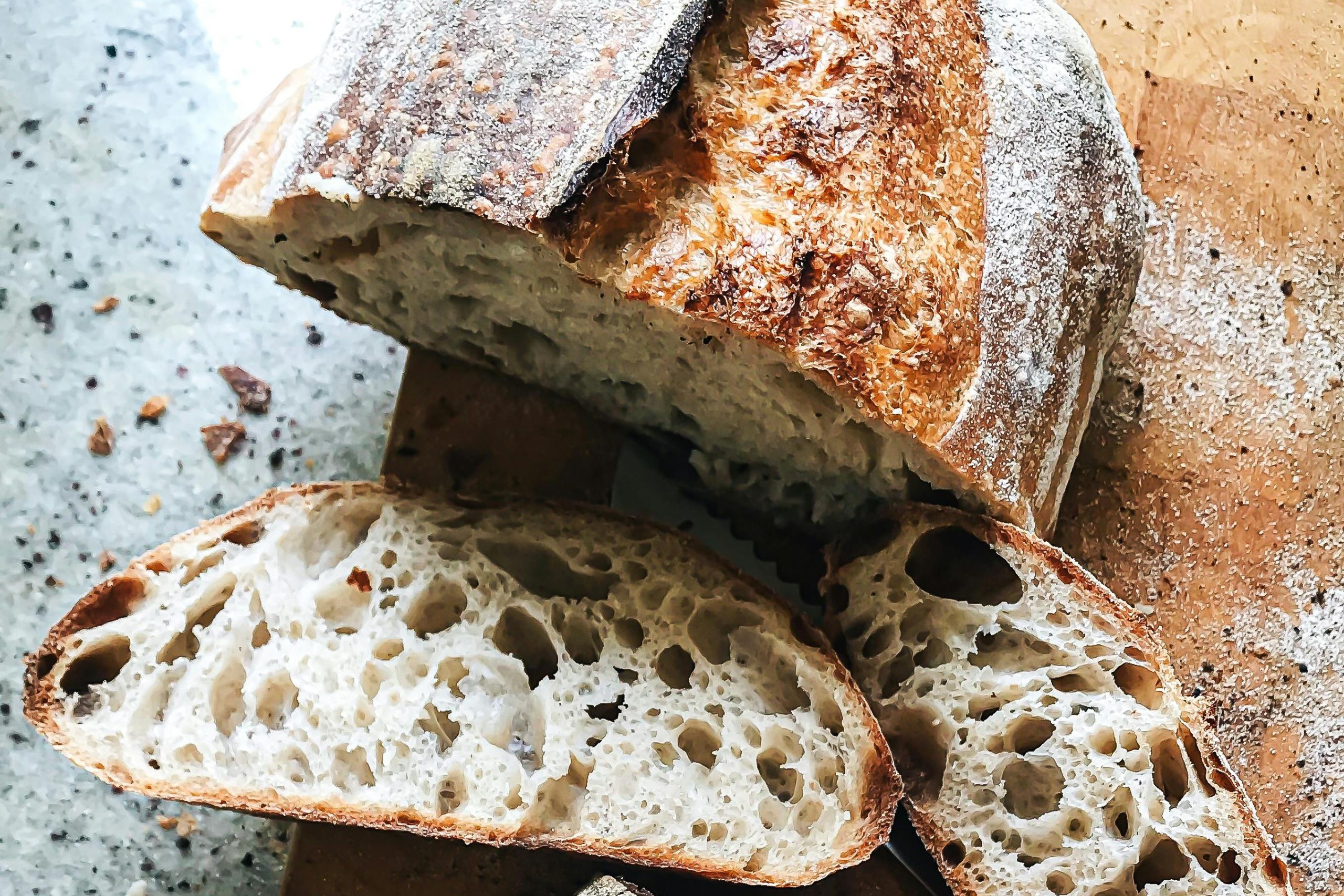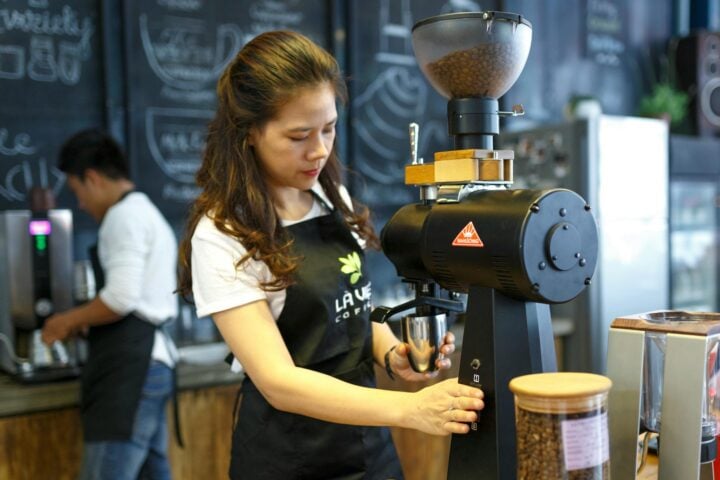Japan’s famed artisanal bakeries are facing a devastating scandal—investigations reveal that some manufacturers have been artificially inflating bread volume, secretly injecting extra air into loaves with tire inflator to cut costs while maintaining premium pricing.
Consumers, furious at the deception, are calling for tighter regulations, widespread refunds, and a formal commitment to denser, honest bread.
The Betrayal: Why Air-Inflated Bread Has Sparked Public Outrage
Japan’s food culture thrives on trust, with consumers meticulously analyzing quality, authenticity, and craftsmanship. The revelation that bakeries have been using “volume-inflation techniques” to make bread appear larger and fluffier than it really is has led to nationwide disappointment.
“This is an insult to everything we stand for,” stated furious bread enthusiast Mamoru Haga, who meticulously weighs his loaves before slicing. “When I press the bread, it collapses instantly. It’s not real fluffiness—it’s a deception. We’ve been consuming AIR, not bread!”
How the Deception Was Uncovered
The scandal erupted after food scientists conducted compression tests on various bread brands, revealing an unnatural level of air pockets far beyond traditional baking methods.
The most damning test involved applying a standard 5-second squeeze to a suspect loaf—instead of rebounding like authentic bread, the loaf collapsed entirely, leaving behind what experts described as “a thin pancake of shame.”
“It was supposed to be soft and airy, but not this airy,” lamented Professor Reiko Asakura, a leading expert in food chemistry at the University of Tokyo’s Graduate School of Food and Life Sciences. “It turns out that bakeries have been adjusting their production process to insert excess air without improving texture or flavor. The results? Disappointment in every bite.”
Consumer Backlash & Demands for Justice
Angry consumers have taken to social media, bakery storefronts, and formal complaints to food regulators to demand:
- Immediate refunds for all air-inflated bread purchases.
- New transparency laws requiring bakeries to disclose “air percentage” on packaging labels.
- Density Certification Programs ensuring loaves meet minimum weight standards per volume.
Some advocacy groups have gone further, calling for the return of “traditional Japanese bakery integrity”, where no corner-cutting was tolerated, and every loaf had undeniable weight and substance. “Bread should feel like bread. We don’t want fake volume. We want dignity,” demanded one petition signed by over 50,000 citizens.
Bakeries Fight Back: “It’s Innovation, Not Fraud”
Amid backlash, bakery owners defended their methods, claiming that air-injection techniques were merely part of modern baking efficiency. “Consumers appreciate light, fluffy bread,” stated one anonymous bakery spokesperson. “If we didn’t add extra air, loaves would be denser, heavier, and less enjoyable. This is progress, not deception.”
However, traditional bakeries selling compact, dense loaves saw a sudden surge in popularity, with some establishments capitalizing on the scandal.
“People want bread that feels substantial, honest, and deeply satisfying,” said Shinichi Watanabe, owner of Kogane Bakery, a long-established shop famous for its rich, dense loaves. “We’ve been making bread the right way for generations—no shortcuts, no tricks, just pure baking craftsmanship. And now? People are realizing what real bread should be.”
Sales of heavier, tightly packed loaves have skyrocketed, with Kogane Bakery reporting a 42% increase in customer demand, particularly for its signature “No-Nonsense Loaf”, marketed with the tagline: “Zero air, 100% dignity.”
Food Safety Agencies Prepare New Bread Standards
In response to growing consumer demand, officials from Japan’s Food Quality Regulation Bureau are now working on a strict new certification system to prevent future “air fraud” in bread production.
The proposed guidelines include:
- Mandatory loaf density checks using compression machines.
- Government-issued bread honesty labels, indicating air percentage vs. actual substance.
- Severe penalties for excessive bread inflation, including bakery closures and public shaming campaigns.
The Cultural Significance of the “Denser Loaf Movement”
Experts agree that Japan’s intense reaction to the scandal stems from the country’s deep respect for food craftsmanship.
“Japanese consumers don’t just eat food—they trust it,” explained Masumi Matsumoto, senior cultural analyst at the Japanese Institute of Consumer Integrity. “When that trust is broken, it’s not just a minor inconvenience, it’s a violation of our national integrity.”
As protests grow and Japan’s war on dishonest fluff continues, one thing is clear—consumers will never forgive the betrayal of air-inflated bread. “We’re demanding justice, accountability, and dense bread we can believe in,” declared Haga. “Never again will we fall for bakery fraud. This is more than just bread, it’s a fight for our future.”




